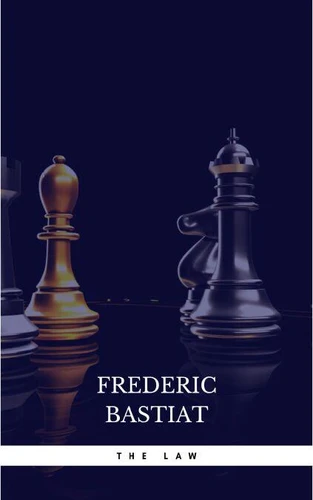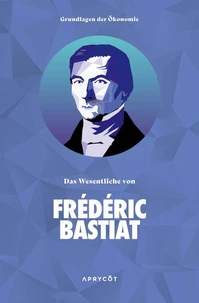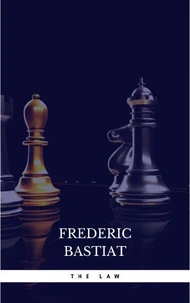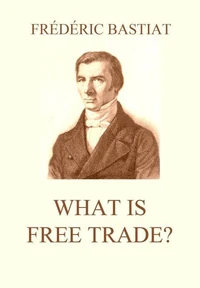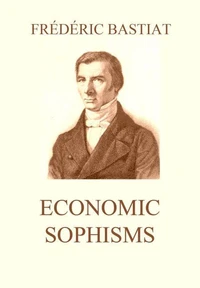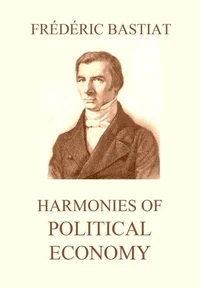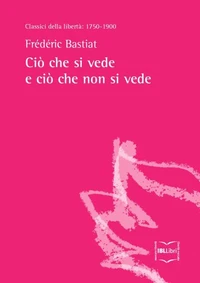The Law
Par :Formats :
Disponible dans votre compte client Decitre ou Furet du Nord dès validation de votre commande. Le format ePub est :
- Compatible avec une lecture sur My Vivlio (smartphone, tablette, ordinateur)
- Compatible avec une lecture sur liseuses Vivlio
- Pour les liseuses autres que Vivlio, vous devez utiliser le logiciel Adobe Digital Edition. Non compatible avec la lecture sur les liseuses Kindle, Remarkable et Sony
 , qui est-ce ?
, qui est-ce ?Notre partenaire de plateforme de lecture numérique où vous retrouverez l'ensemble de vos ebooks gratuitement
Pour en savoir plus sur nos ebooks, consultez notre aide en ligne ici
- Nombre de pages43
- FormatePub
- ISBN978-2-291-02622-8
- EAN9782291026228
- Date de parution12/05/2018
- Protection num.Digital Watermarking
- Taille151 Ko
- Infos supplémentairesepub
- ÉditeurCamping tcs
Résumé
The Law, original French title La Loi, is a 1849 book by Frédéric Bastiat. It was published one year after the third French Revolution of 1848 and one year before his death of tuberculosis at age 49. The essay was influenced by John Locke's Second Treatise on Government and in turn influenced Henry Hazlitt's Economics in One Lesson. It is the work for which Bastiat is most famous along with The candlemaker's petition and the Parable of the broken window.
In The Law, Bastiat states that "each of us has a natural right - from God - to defend his person, his liberty, and his property".
The State is a "substitution of a common force for individual forces" to defend this right. The law becomes perverted when it punishes one's right to self-defense in favor of another's acquired right to plunder.
The State is a "substitution of a common force for individual forces" to defend this right. The law becomes perverted when it punishes one's right to self-defense in favor of another's acquired right to plunder.
The Law, original French title La Loi, is a 1849 book by Frédéric Bastiat. It was published one year after the third French Revolution of 1848 and one year before his death of tuberculosis at age 49. The essay was influenced by John Locke's Second Treatise on Government and in turn influenced Henry Hazlitt's Economics in One Lesson. It is the work for which Bastiat is most famous along with The candlemaker's petition and the Parable of the broken window.
In The Law, Bastiat states that "each of us has a natural right - from God - to defend his person, his liberty, and his property".
The State is a "substitution of a common force for individual forces" to defend this right. The law becomes perverted when it punishes one's right to self-defense in favor of another's acquired right to plunder.
The State is a "substitution of a common force for individual forces" to defend this right. The law becomes perverted when it punishes one's right to self-defense in favor of another's acquired right to plunder.

